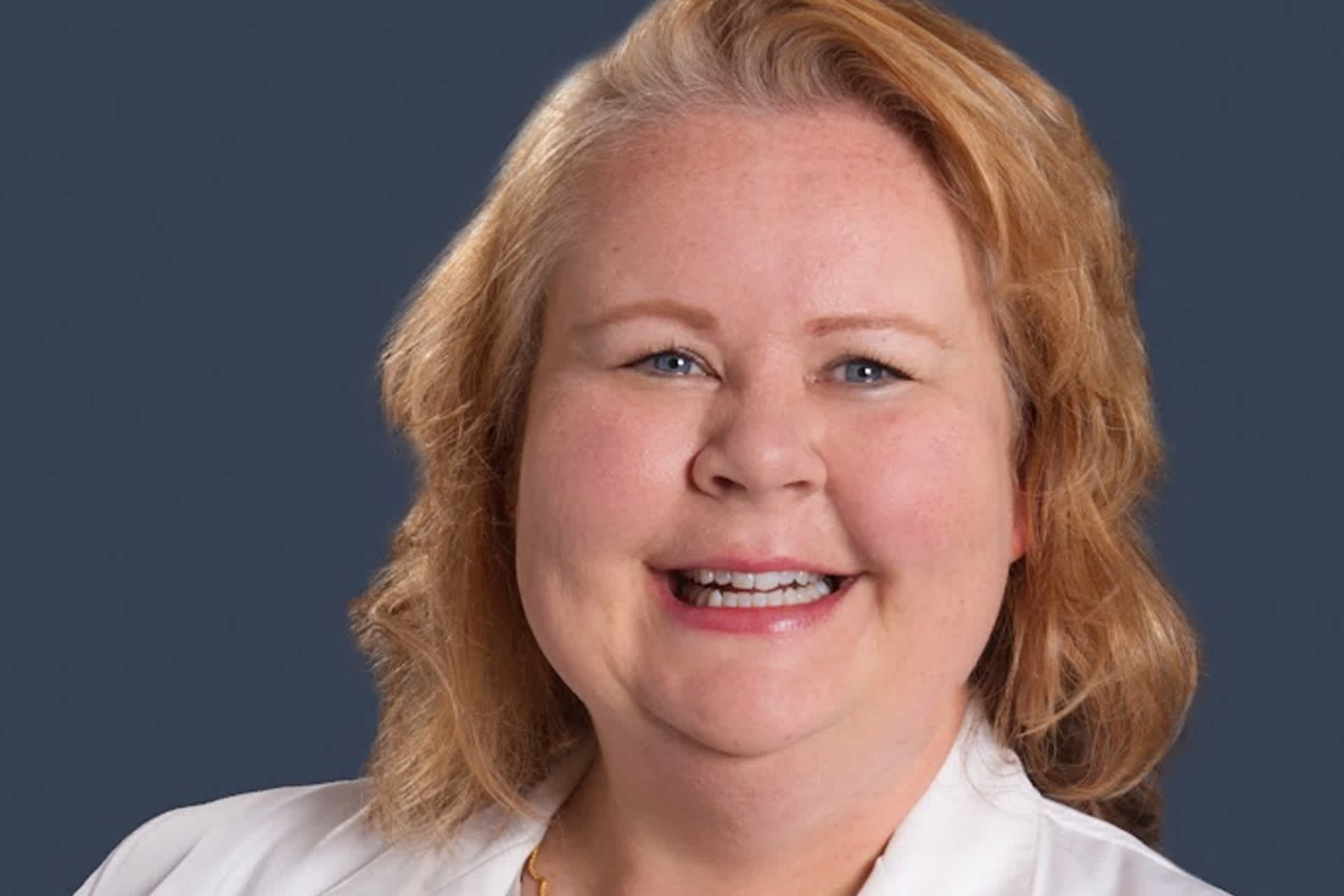Healing the Community

Jennifer Barnett has been a physician assistant (PA) for more than 20 years. Here, Barnett explains the opportunities PAs have in the medical field and outlines some steps for getting those opportunities.
Barnett met with students at a Your Hot Job career event. Here’s what she had to say.
I’m a board-certified physician assistant (PA). A PA is a medical professional. We practice medicine in collaboration with physicians as part of a healthcare team. We are graduates of accredited PA programs. We are nationally certified, and we’re licensed to work in every state. PAs are consistently ranked as the Number 1 or Number 2 job in the United States by U.S. News and World Report. That ranking includes not just healthcare jobs but jobs throughout the nation. There are PAs around the world, in places like Australia, Europe, and Africa. I have practiced medicine in Africa and Cambodia.
Most people don't understand what a physician assistant does. I diagnose and treat medical conditions. I prescribe medication. I perform minor surgeries and assist in major surgeries. PAs work in all medical settings, including hospitals and clinics, and even own their own businesses. I can order and interpret lab tests. I can order and review X-rays, MRIs [magnetic resonance imaging, a way of taking pictures of the inside of the body] and CAT scans [a type of X-ray image]. I perform physical exams, talk to patients about what is causing their symptoms, and diagnose diseases. I treat patients and their families, educating them about their healthcare.
There are 168,000 PAs in the United States, according to the most recent data. We come from all walks of life. We’re about 70% female, and represent different races and ethnicities. But I would love to see more diversity in our profession.
Most PAs work about 40 hours a week and see 70 patients a week. The average salary is about $120,000 a year. But this number is higher for those in specialty practice. There are all kinds of PAs. You could be a surgical PA or work in psychiatry. You can work in an intensive care unit (ICU). You can work in general practice.
I love being a PA. I care for my patients so much, and I love helping teach them about what they can do for their own health. I encourage you to consider being a PA.
Becoming a Physician’s Assistant
How do you become a PA? I recommend researching PA programs. Most programs require a bachelor’s degree first. A major in science is helpful but not required. I had to get transcripts, letters of recommendation, and evidence of my healthcare experience. I was an EMT/firefighter before I applied to PA school.
A PA program is about two years. So two years after graduating from college, you can care for patients as a PA. You need to remain focused and study hard to stay on that course. You also must pass a national PA certifying exam, called the PANCE.
Why should you become a PA? Number 1: We need you. The population is getting older. And we need healthcare providers that can provide excellent care in their communities. It’s a very flexible profession. I’ve been able to work with all settings, in the emergency room, the ICU, outpatient cardiology, inpatient medicine—all different settings. I have to say, it really has allowed me to have a great life-work balance. I can be home with my family at times, and I don’t have to work hundreds of hours a week to make a good salary. We’d love you to join us. So consider becoming a board-certified PA.

